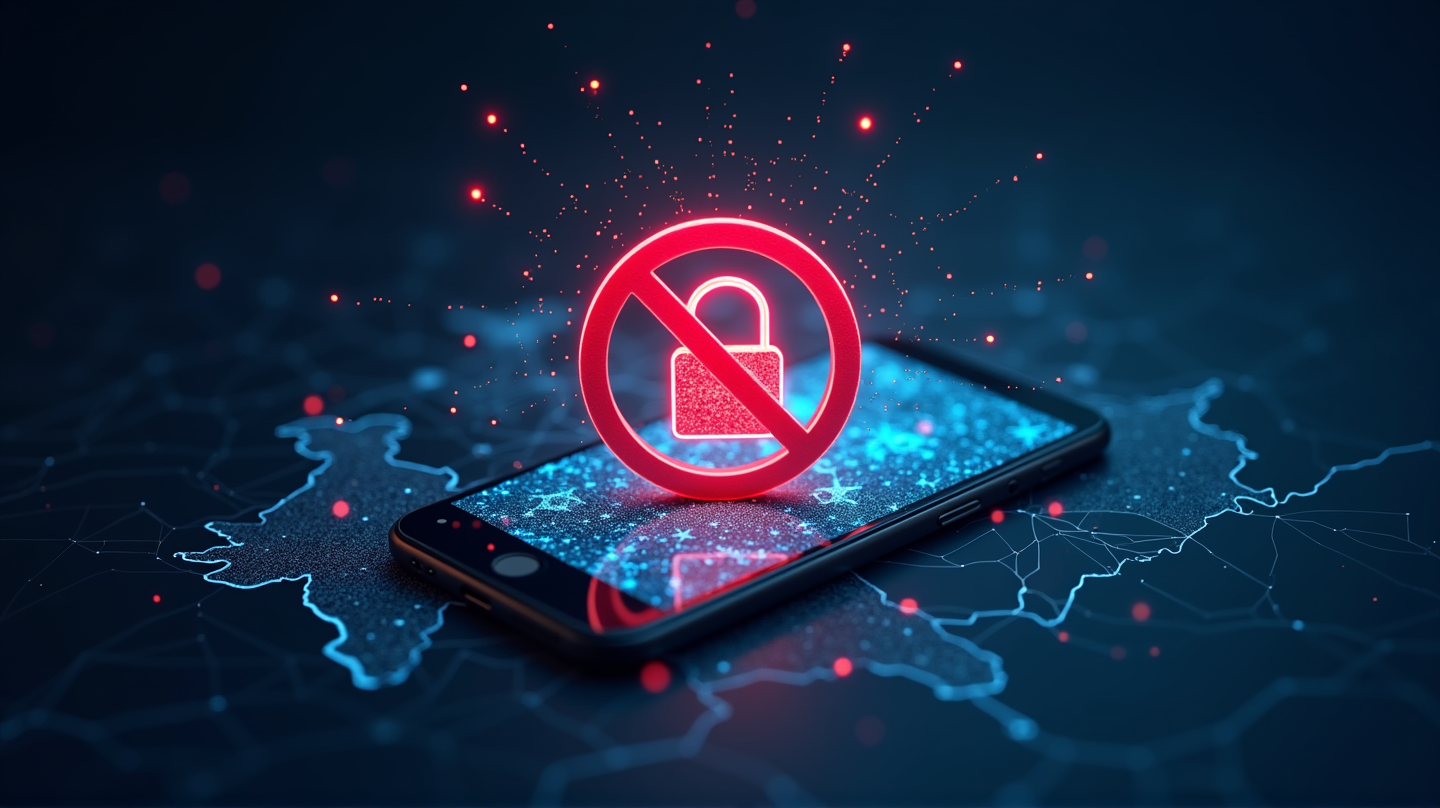In recent developments that have sent ripples across the digital landscape, the Indian Cyber Agency, referred to as 14C, has taken a bold and controversial step by banning 14 prominent Virtual Private Network (VPN) applications. This move has gathered significant attention, not only for its immediate impact on internet users but also for raising substantial security concerns highlighted by the Internet Freedom Foundation (IFF).
The Ban and Its Immediate Impacts
The decision, articulated by 14C, aims to clamp down on illegal activities that allegedly proliferate through these VPN platforms. The agency’s spokesperson emphasized the need for increased scrutiny, stating that these apps are being misused for bypassing the legal frameworks intended to ensure national security. However, the expanse of domestic and international user concerns leads to pressing questions about the broader implications of such an action.
IFF’s Response: Urgent Warnings and Concerns
The Internet Freedom Foundation was quick to voice its disquiet. According to a recent statement by the IFF, the blanket ban might act as a double-edged sword, potentially endangering essential digital rights and security. They argued that the reliance on VPNs extends beyond illegal activities, providing crucial privacy and security benefits for everyday internet users, journalists, and businesses alike.
A Threat to Privacy and Security?
VPNs have long been heralded as vital tools in safeguarding online anonymity and security, particularly in an age of increasing cyber threats. The abrupt discontinuation poses significant risks, as internet users might now find themselves exposed to surveillance or cybercriminals, lacking the encryption and protection VPNs traditionally offer. IFF warns that the prohibition could inadvertently push users towards unsafe alternatives, as people resort to less secure or black-market services.
Potential Fallout: A Step Backwards?
As stated in MediaNama, the move by Indian authorities may unintentionally undermine efforts to bolster cybersecurity. By alienating genuine users of VPN services, who often include cybersecurity professionals and global enterprises, the nation risks weakening its own technological defenses. The IFF cautioned against isolation as a method, encouraging dialogue with stakeholders to forge pathways that protect both security interests and civil liberties.
Looking Ahead: Possibilities and Resolutions
The conversation around VPN usage, privacy, and cybersecurity is far from over. With this recent action by 14C, stakeholders across sectors are advocating for an urgent review that balances national security concerns with individual privacy rights. The IFF continues to call for transparent policy-making processes that reflect the dynamic nature of digital rights in the modern world. The final verdict on these VPN applications remains to be seen, but one thing is clear—the path forward must be navigated with care and precision.
In conclusion, the ban on 14 VPN apps by India’s 14C has sparked an essential discourse on privacy, security, and the role of technology in our daily lives. As dialogues between governmental bodies and advocates like the IFF progress, there remains hope for a solution that accurately addresses the nuanced challenges of digital freedom in today’s interconnected world.
